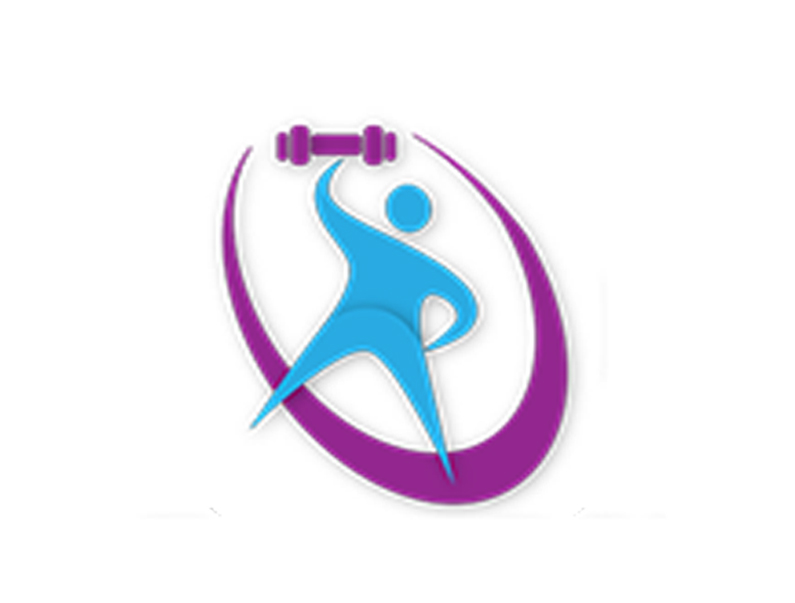Our heart is at work literally 24/7 for us and without it doing this constant job for us, well, we know the consequences. An irregular heartbeat (arrhythmia) can pose complications that increase the risk of having a stroke or even heart failure. It can be frightening for someone and can also impact their daily living. Atrial fibrillation (A-fib) is a type of arrythmia that causes a rapid heartbeat, and the person will notice their heart rate is abnormally high. It may come and go or be persistent. Either way, A-fib poses the threat of being chronic. The irregularity of the condition is what troubles many people and complicates treatment.
When atrial fibrillation is happening, the upper chambers (atria) of the heart and the lower chambers (ventricles) are beating out of sync. Some people experience no symptoms at all, while others may get short of breath, have fast heartbeat palpitations, have chest pain, feel lightheaded, not be able to exercise, and/or feel weak. Having A-fib and episodes associated with it are not life threatening, but treatment is needed to prevent strokes.
The heart has 4 chambers. The upper 2 are called the atria and the lower 2 are called the ventricles. The upper right atrium contains a group of cells called the sinus node. The normal heart rate range is between 60 and 100 bpm. The A-fib heart rate can range from 100 to 175 bpm. The sinus node is the heart’s pacemaker. Its job is to produce the signals that orchestrate each heartbeat to take place. Normal conduction takes place as follows:
- The sinus node signal travels to the 2 upper atria.
- The signal travels through a chamber that connects the atria and ventricles called the atrioventricular node (AV node).
- The signal tells the heart to contract which is a squeezing action that sends blood to the heart.
However, when A-fib takes places, the signals that begin in the upper chamber get chaotic. This makes the upper chamber shake. The AV node has mixed signals coming in as it’s trying to connect with the ventricles. This is what leads to the irregular heartbeat that is fast.
Causation for having A-fib could possibly be from having high blood pressure, having had a heart attack, prior heart surgery, a heart defect, family history, obesity, sleep apnea, thyroid disease (hyperthyroidism), heart valve problems, alcohol, stimulants, and/or viral infections. Some of these risks are controllable lifestyle factors, while others are not.
Treatment could involve medications, surgery, and/or cardioversion which resets the heart rhythm. Medication includes beta blockers, calcium channel blockers, blood thinners, digoxin which can help control heart rate mainly at rest but not during activity, and/or anti-arithmetic medications. Cardioversion can be done electrically or via drugs. Electrical cardioversion shocks the heart to reset rhythm. Drugs can be administered through IV or by mouth. Surgery could involve a cardiac ablation which uses extreme heat or cold to create scars in the heart that will block the abnormal signals. A doctor might also insert a catheter to do this which has hot and cold sensors on it. There are two types of ablations that can take place. AV node ablation involves destroying the electrical signal connection all together. A pacemaker will then be needed for life. Sometimes A-fib can come back after an ablation so it will have to be repeated, or another form of treatment will need to take place. The other surgery is a maze procedure which is when the heat or cold is used to create a scar tissue pattern (maze) in the upper chambers which will interfere with the heart signals that cause A-fib to occur. This is open-heart surgery.
The heart is at constant work and when it has any complications, we know not to ignore them, or we may not be here to see tomorrow. Heart health is vital, and we need to do what we can to be advocated for our health and we need to live in a way the supports rather than jeopardize our wellness. Diet and exercise are pertinent and eliminating habits that compromise your health needs to happen. Temporary satisfaction is not worth a lifetime of poor-quality living as a result. Don’t beat your heart up or it won’t beat for you.
